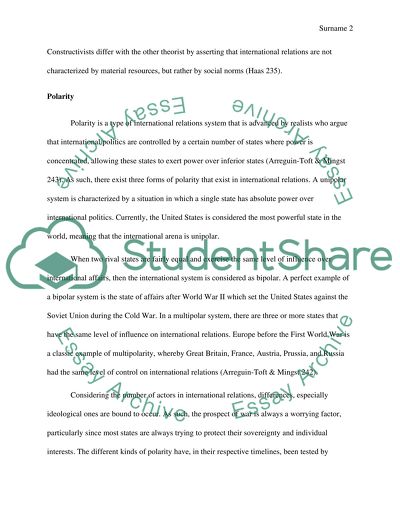Cite this document
(“The Future World System Essay Example | Topics and Well Written Essays - 1500 words”, n.d.)
Retrieved from https://studentshare.org/social-science/1684181-the-future-world-system
Retrieved from https://studentshare.org/social-science/1684181-the-future-world-system
(The Future World System Essay Example | Topics and Well Written Essays - 1500 Words)
https://studentshare.org/social-science/1684181-the-future-world-system.
https://studentshare.org/social-science/1684181-the-future-world-system.
“The Future World System Essay Example | Topics and Well Written Essays - 1500 Words”, n.d. https://studentshare.org/social-science/1684181-the-future-world-system.


